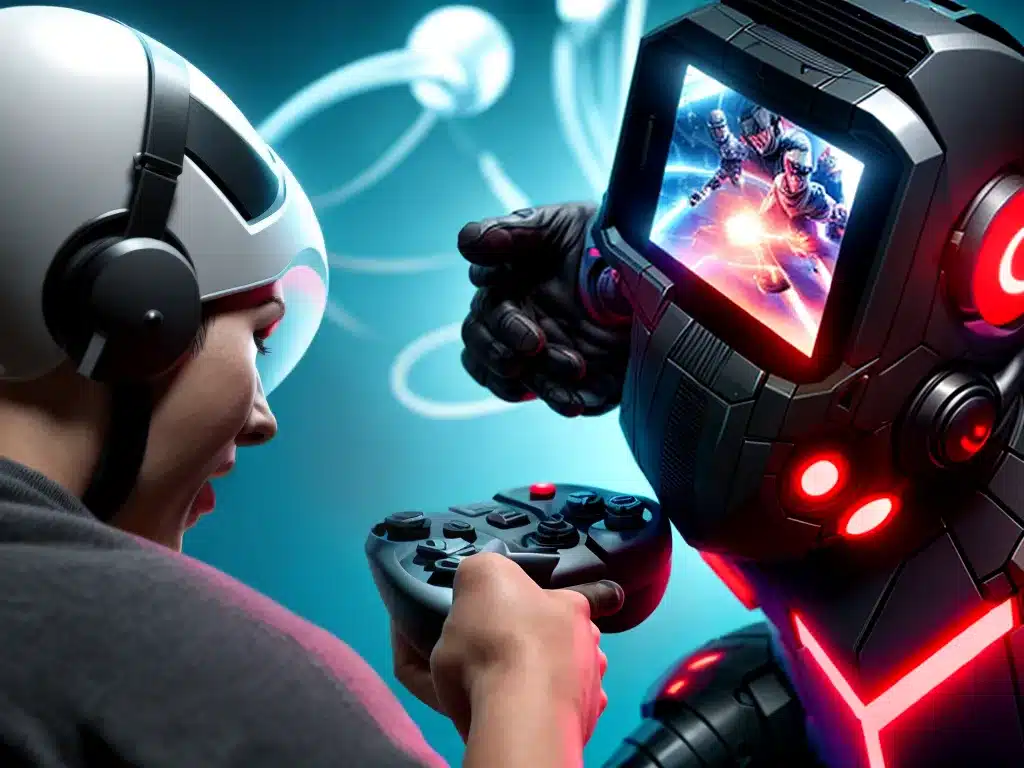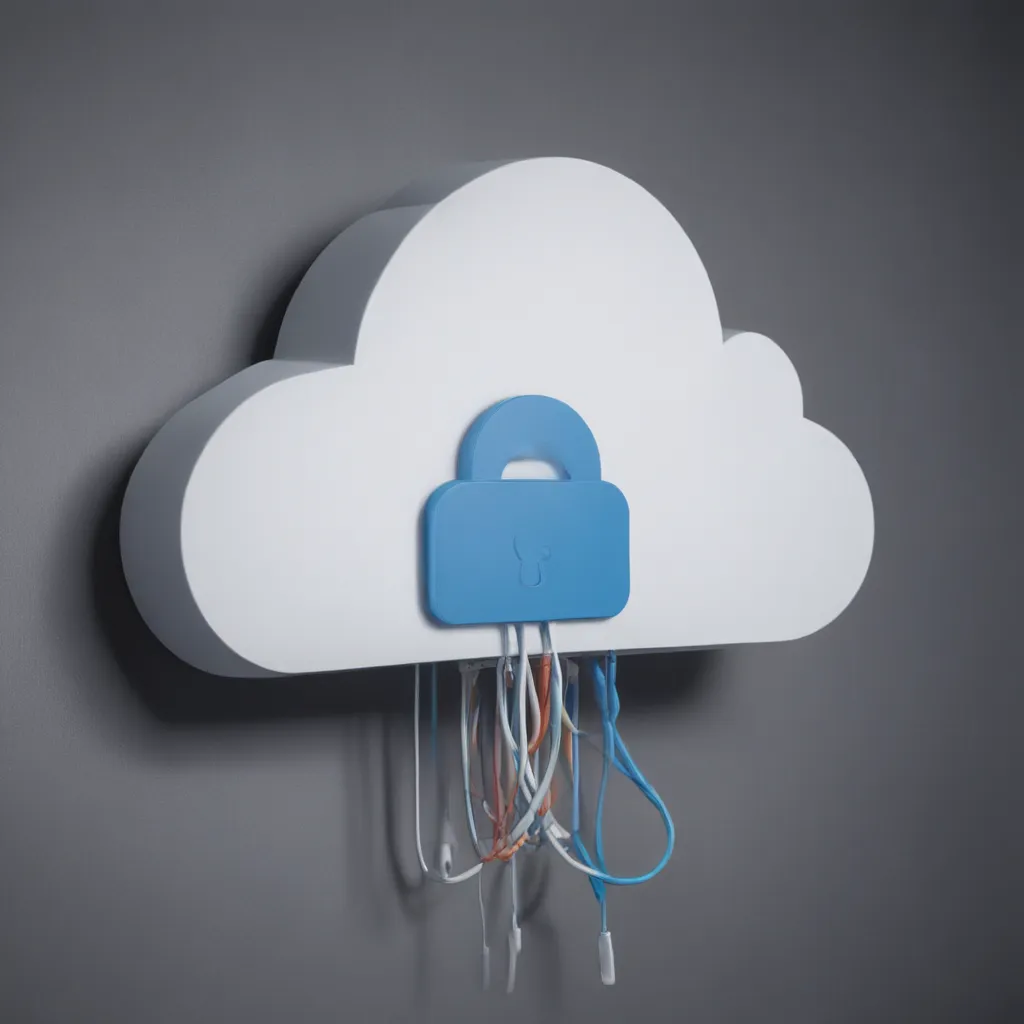The future of physical games in an increasingly digital world is a fascinating topic. As someone who grew up playing classic board games and video game cartridges, I often wonder if these tangible gaming formats will still have a place in the future. In this article, I aim to explore whether physical games can survive and thrive alongside our digital games in 2024 and beyond.
The Current State of Physical Games
Physical games, whether classic board games, tabletop roleplaying games, collectible card games, or retail video games, currently occupy a robust niche within the broader video game market. Tabletop games had an estimated market value of $12 billion in 2020, while physical video game sales still accounted for $5.19 billion in 2021 just within the United States.
While digital purchases and free-to-play games dominate the overall video game market, many gamers still opt to buy physical copies of their favorite games. There is an undeniable nostalgia factor associated with physical cartridges and discs, and having a tangible collection allows you to display and potentially resell your games. As long as major publishers like Nintendo and indie developers continue to release physical editions of new and retro games, there will likely always be an audience of collectors and boutique gamers who prefer physical over digital.
The Rise of Digital Gaming
However, there is no denying that digital gaming has been on the rise for years now. In 2021, 83% of video game sales in the U.S. were digital, compared to just 17% physical. Steam and digital storefronts like PlayStation Store and Nintendo eShop have made buying and accessing games easier than ever before. Subscription services like Xbox Game Pass demonstrate that many players prioritize affordability and instant access over physical ownership. Even tabletop games now have popular digital versions via services like Tabletopia.
Additionally, the COVID-19 pandemic led to a massive surge in digital gaming, accelerating pre-existing trends. With more people gaming at home rather than in-person, digital gaming provided the safest and most convenient option. Major publishers like Hasbro fast-tracked plans to shift their board games to digital apps and subscriptions. So the pandemic may have pulled forward consumer interest in digital gaming by several years.
The Appeal of Physical Games
Despite the clear momentum behind digital gaming, physical games still have inherent strengths that ensure they won’t completely fade away anytime soon:
-
Nostalgia and sentimentality – Holding a classic NES cartridge or an original 1989 Magic: The Gathering card evokes emotions that a digital file cannot replicate. As long as people feel nostalgia for the physical games of their childhood, there will be some demand.
-
Display value – Gaming collections as decor have exploded in popularity. For collectors and hardcore fans, displaying carefully curated physical games is inherently satisfying in a way that a digital library is not.
-
Ownership and tradeability – One of the key upsides to physical games is that you truly own them and can potentially resell or trade them later. Digital games are just licenses.
-
Multiplayer focus – Many tabletop and local multiplayer video games thrive on the in-person social experience of gaming with others, which digital adaptations cannot always capture.
-
Premium appeal – Some players are willing to pay more for fancy physical editions that come with extras like art books, soundtracks, figurines, etc. These appeal to collectors.
-
Gifting appeal – Physical games can make for more exciting gifts, especially for children. Unwrapping a new board game or video game is part of the appeal.
As long as these core strengths remain, I believe there will always be a subset of gamers who gravitate toward physical games. Publishers will cater to this demand.
What Will 2024 Look Like for Physical Games?
Looking ahead specifically to the landscape in 2024, here are my predictions for the state of physical games:
-
Physical video game sales will occupy 10-15% of the total market, down from 17% today but not disappearing entirely. Dedicated retro and boutique publishers will keep them alive.
-
Major console publishers like Nintendo and Sony will continue doing limited physical runs of first-party games and hardware. Physical won’t go away completely.
-
Tabletop gaming will remain fairly steady or even grow modestly in physical sales. Digital adaptations raise awareness, but many players still prefer real-life social play.
-
The secondhand market for collectible and retro physical games will thrive among enthusiasts. Nostalgia for past eras of gaming is continually growing.
-
Board game cafes, conventions like Gen Con, and game stores will continue providing community hubs for physical gaming.
-
Virtual reality will start to eat into the social appeal of local multiplayer and tabletop gaming, but not make a revolutionary impact just yet.
-
Streaming and cloud gaming subscriptions may start influencing gamers to go more digital, but slow Internet speeds will limit this trend’s penetration globally.
Overall, I see the scales tipping ever further toward digital gaming in 2024, but physical games retaining a loyal player base. Rather than facing extinction, tabletop and physical video games will continue to thrive among their niche of enthusiasts. Just as vinyl records have persisted despite streaming music’s dominance, physical games have their own enduring appeal that will not disappear overnight. Their fanbase and market share will remain substantial for years to come.
What are your thoughts on the future of physical games in our increasingly digital hobby? Do you think they will still have a place in 2024? I’d love to hear predictions from other gamers to understand where our community sees physical games headed. Whether you are a staunch advocate of digital gaming or still prefer your games tangible, this is an evolving topic worth discussing.













